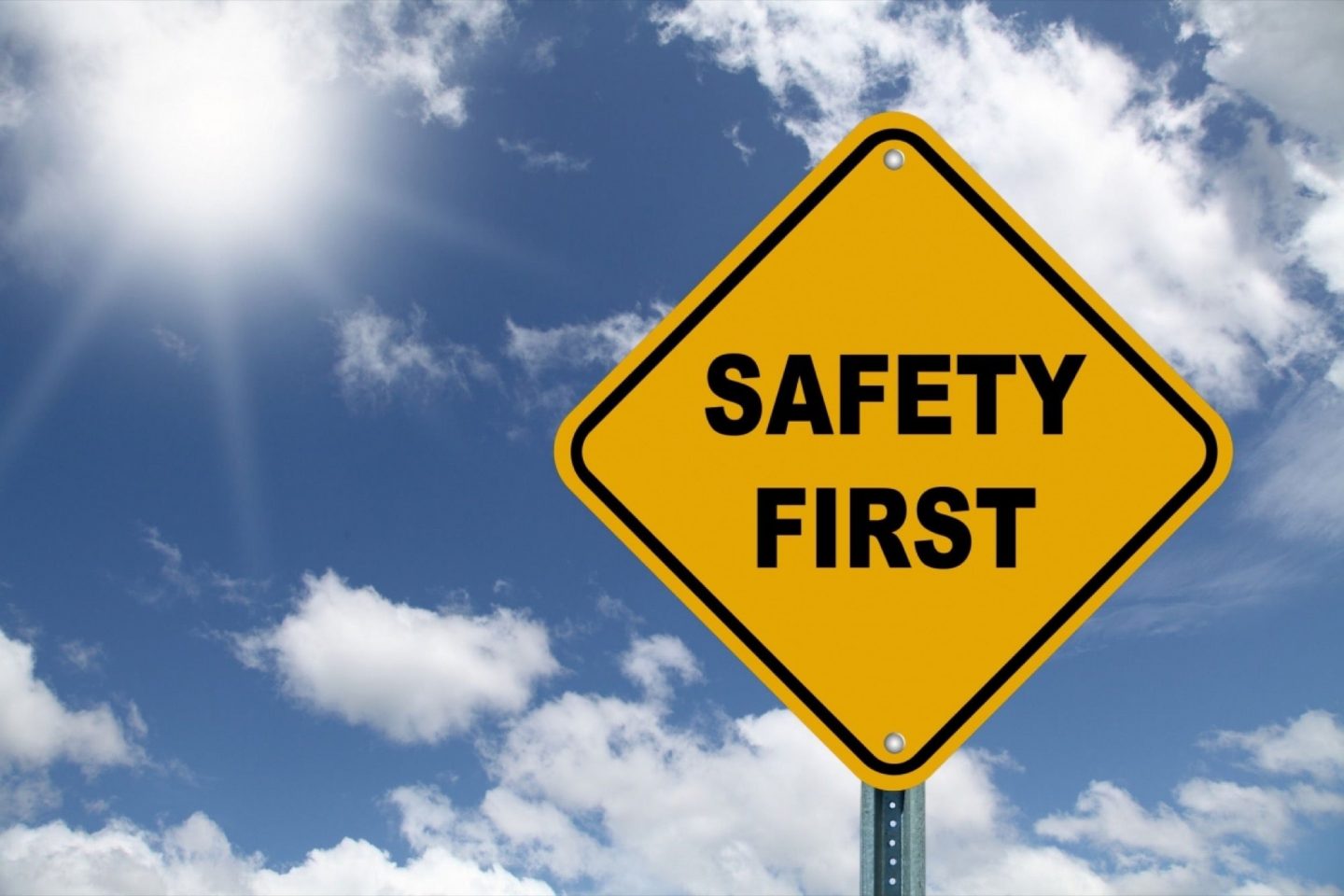As many employees worry about workplace safety during the current pandemic, the Division of Occupational Safety and Health, better known as Cal/OSHA, has required employers provide protection for workers who may be exposed to airborne infectious diseases such as COVID-19, while also provided employers and workers with information to prevent and mitigate exposure to the virus.
Cal/OSHA requires that employers covered by the Aerosol Transmissible Diseases (ATD) Standard must protect their employees from airborne infectious diseases and pathogens transmitted by aerosols. The ATD Standard applies to numerous employers, including:
- Hospitals, skilled nursing facilities, clinics, medical offices, outpatient medical facilities, home health care, long-term health care facilities, hospices, medical outreach services, medical transport and emergency medical services.
- Certain laboratories, public health services and police services that are reasonably anticipated to expose employees to an aerosol transmissible disease.
- Correctional facilities, homeless shelters, and drug treatment programs.
- Coroner’s offices, mortuaries, funeral homes, and other facilities that perform aerosol generating procedures on cadavers.
- Any other locations when Cal/OSHA informs employers in writing that they must comply with the ATD Standard.
Even if an employer is not covered by the ATD Standard, other Cal/OSHA regulations are broader in scope and apply to all employers. For instance, California employers are required to establish and implement an Injury and Illness Prevention Program (IIPP) under California Code of Regulations, title 8, section 3203 to protect employees from workplace hazards. Employers must determine whether COVID-19 infection is a foreseeable hazard, and if so must implement infection control measures, such as:
- Actively encouraging sick employees to stay home.
- Immediately sending employees home or to medical care if they have a frequent cough, fever, difficulty breathing, chills, muscle pain, headache, sore throat, or recent loss of taste or smell.
- Ensuring employees who are out ill with fever or acute respiratory symptoms do not return to work until:
- At least three full days pass with no fever and/or acute respiratory illness symptoms; and
- At least 10 days pass since the symptoms first appeared.
- Provide employees with paid sick leave or expanded family and medical leave for specified reasons related to COVID-19 if required by the Families First Coronavirus Response Act/.
- Encouraging employees to telework from home when possible.
- Practicing physical distancing through use of video or telephonic meetings and maintaining a distance of at least 6 feet between persons at the workplace when possible.
- Providing employees with cloth face covers or encouraging employees to use their on face covers.
- Establishing procedures to routinely clean and disinfect commonly touched objects and surfaces such as elevator buttons, handrails, copy machines, faucets, and doorknobs.
Employers are also required to provide training to employees covering a general description of COVID-19 symptoms, as well as how to prevent the spread of COVID-19 by using cloth face covers, cough and sneeze etiquette, and proper technique for washing hands with soap and water. Regardless of COVID-19 risks, all employers are required to provide washing facilities with an adequate supply of suitable cleansing agents, water, and single-use towels or blowers.
California Code of Regulations, title 8, section 3380 further requires employers to conduct a hazard assessment to determine whether any Personal Protective Equipment (PPE) is needed to protect employees from hazards present or likely to be present in the workplace. Cloth masks are not considered PPE under section 3380.
If you believe your employer has violated workplace safety regulations enforced by Cal/OSHA, you can submit a complaint here: https://www.dir.ca.gov/dosh/Complaint.htm
